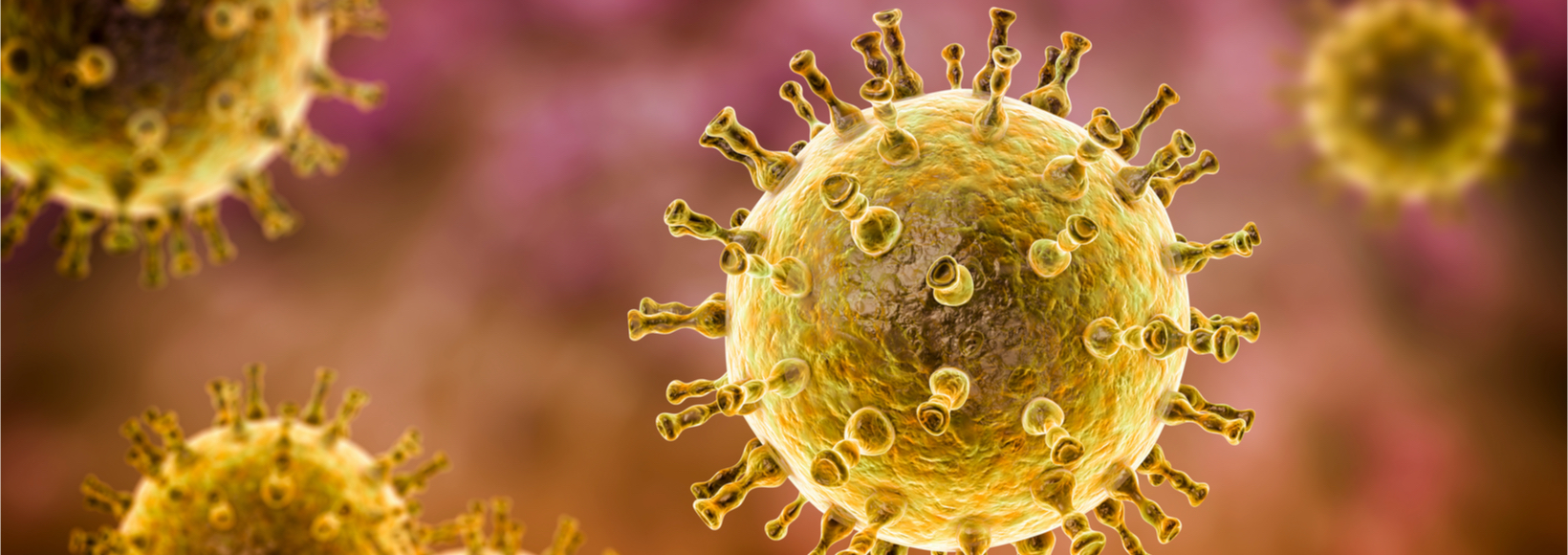
How You Can Avoid Shingles
If you’ve had a friend or relative who has had shingles, then you will be familiar with just how uncomfortable it is. It can affect up to 1 in 4 people and is more likely in people aged over 50, although it can occur at any age.
The first thing people tend to notice when they have contracted shingles is not the rash but the pain. This can be burning, dull or electric shock-like. Shortly afterwards the characteristic rash develops. This affects only one side of the body and occurs in a band. The rash itself looks rather like the chickenpox rash except that is localised to one area. This is because shingles affects a nerve that supplies the skin and it usually only affects one nerve at a time. The pain and rash occur in the area of skin that is supplied by the affected nerve.
How Does It Occur?
Many people (doctors included) still struggle to get their heads around how shingles occurs. To have shingles you have to have had chickenpox. The chickenpox virus, also known as the varicella-zoster virus, then lies dormant in one of the nerve endings in our skin. Precisely what causes the reactivation of the virus resulting in shingles is not known. However, it is thought that the risk is increased as our immune system wanes with age. Stress, or another recent illness, may also cause this dip in our immunity allowing shingles to strike.
Thankfully, there’s now a simple way to prevent shingles
There is now a vaccine that can prevent shingles. Zostavax can be given to adults over 50. It is a live vaccine but the virus has been altered so that it does not cause illness. Instead, it primes the immune system to prevent shingles. Because it is a live vaccine it can’t be given to people who have problems with their immune system. While the vaccine does not prevent all cases of shingles it is very effective and in those who do get shingles despite the vaccine, it is likely to reduce the severity and complications.
For adults who have never had chickenpox, it is sensible to have the chickenpox vaccine. The two doses given a month apart are about 90% effective in preventing chickenpox.
Can someone else catch shingles from me?
People who have never had chickenpox can contract chickenpox from the shingles rash but you can’t pass shingles onto someone else. The shingles rash is contagious until the blisters start to scab over so it’s best to keep away from pregnant women, children or anyone with a weak immune system if you have it.
Brisk Treatment Means Faster Healing
If you have any of the tell-tale symptoms of shingles such as burning or gnawing pain in a band or the classic rash you should arrange to quickly see your doctor. Antiviral medication such as Aciclovir can be used to help quicker healing and reduce the risk of complications. Antivirals work best if given within 72 hours of the onset of the rash which is why it is important to let your doctor know quickly if you suspect something is wrong. The medication is particularly important to give to people with shingles who are over 50, have the rash near the eye or on an arm or leg, have severe pain or have low immunity.
With regard to shingles, prevention is better than cure. So if you’re over 50, think about getting the vaccine. And if you do think you may have shingles see your doctor quickly, as the earlier you start treatment the better.
Dr Hugh Coyne
Private GP Parsons Green